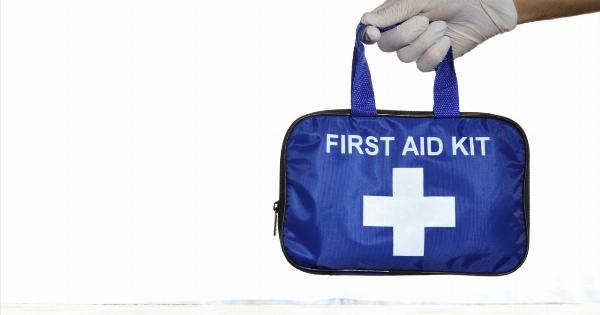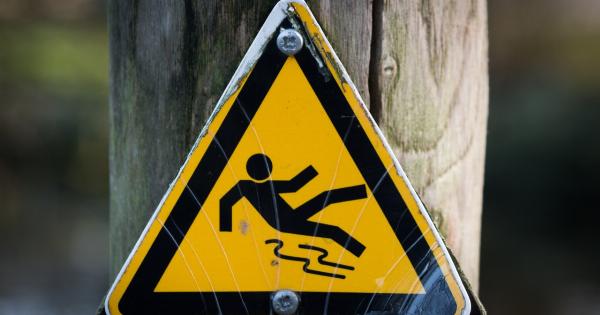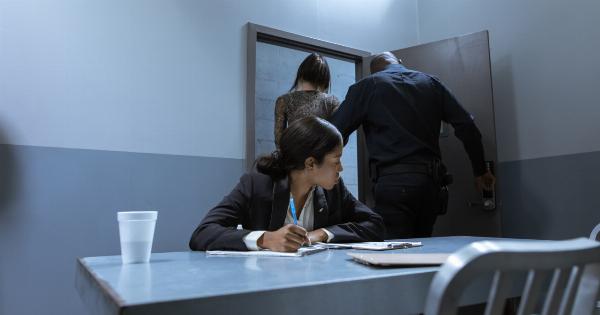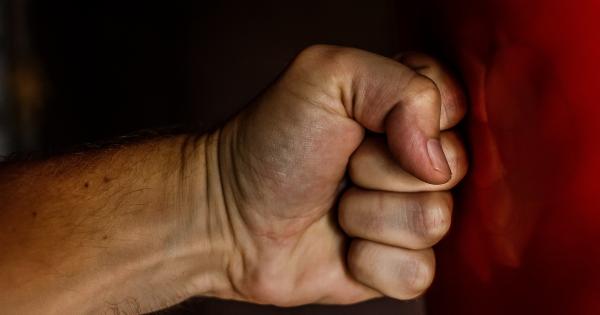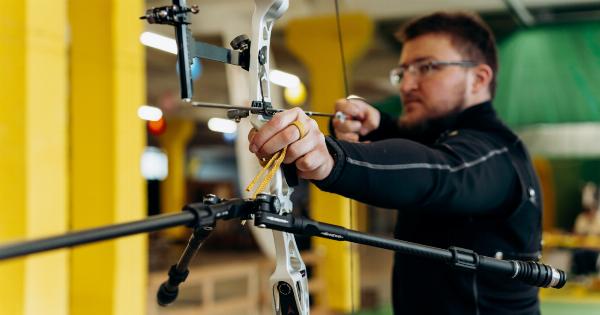When it comes to accident claims, many factors can impact the outcome of your case. One aspect that often goes unnoticed is the role of your strong hand, also known as your dominant hand.
Your strong hand can play a crucial role in determining liability, affecting compensation, and influencing various other aspects of a personal injury claim. Understanding the significance of your strong hand and how it relates to your accident claim is essential for ensuring a fair resolution. In this article, we will explore the role of your strong hand in accident claims.
What is Your Strong Hand?
Your strong hand refers to the hand you primarily use for writing, gripping objects, and performing other tasks that require dexterity.
For the majority of individuals, their strong hand aligns with their dominant hand, which is the hand they naturally prefer to use for most activities. However, it’s important to note that some individuals may have a strong hand that differs from their dominant hand due to ambidexterity or other factors.
Importance of Your Strong Hand in Accident Claims
The role of your strong hand in accident claims stems from the fact that injuries sustained to your dominant hand can have a significant impact on your daily life.
Your strong hand is crucial for performing various tasks, including personal care, household chores, and professional duties. Injuries to this hand can lead to substantial pain, a decreased ability to perform tasks, and even long-term disability in some cases.
Determining Liability in Accident Claims
When it comes to determining liability in an accident claim, evidence plays a vital role. Your strong hand can provide essential evidence to support your case.
For example, let’s consider a motor vehicle accident where you were rear-ended by another driver. As the victim, you claim that the accident caused severe injuries to your strong hand, resulting in substantial medical expenses and loss of income.
In this scenario, your strong hand plays a crucial role in establishing liability. Medical records, photos, and other documentation can help demonstrate the severity of your injuries and the impact they have on your daily life.
Moreover, if you have a medical expert who can testify how the injuries to your strong hand directly resulted from the accident, it can further strengthen your case.
Similarly, in slip and fall accidents or workplace accidents, injuries sustained on your strong hand can indicate negligence on the part of the property owner or employer.
The importance of your strong hand as evidence becomes evident when it comes to determining liability and pursuing fair compensation for your injuries and losses.
Impact on Compensation
Another important aspect affected by your strong hand in accident claims is the compensation you may receive. Personal injury claims take into account various factors, including medical expenses, loss of income, pain and suffering, and other damages.
If your strong hand is injured and affects your ability to work or perform daily activities, it can significantly impact the compensation you may be entitled to.
The extent of the impairment, duration of recovery, and the potential for long-term limitations are all factors that can influence the compensation awarded in your case.
Additionally, injuries to your strong hand can also impact your ability to pursue certain professions or occupations.
For example, if you are a pianist, the loss of fine motor skills in your dominant hand can severely limit your ability to continue your career. These specific circumstances may be taken into consideration when determining compensation for loss of future earning capacity.
Supporting Evidence for Accident Claims
When filing an accident claim, evidence is key to establishing the full extent of your injuries and losses.
Your strong hand can provide valuable evidence through medical records, x-rays, MRIs, and other diagnostic tests that indicate the severity of your injuries. It is important to ensure that any medical evaluations take into account the impact on your dominant hand and the potential long-term consequences it may have on your life.
Furthermore, witness statements and expert testimonies can help establish the link between the accident and your strong hand injuries.
Eyewitnesses who saw the accident occur may be able to testify to the immediate impact on your strong hand and how it affected your ability to function. Medical professionals who specialize in hand injuries can provide expert opinions on the cause and effect relationship between the accident and the injuries sustained by your strong hand.
The Role of Pre-existing Conditions
Pre-existing conditions can complicate accident claims, especially when it comes to injuries sustained on your strong hand.
Insurance companies may attempt to argue that your injuries existed prior to the accident, downplay the impact of the accident, or limit the compensation they offer.
However, having a pre-existing condition does not mean you cannot seek compensation for injuries sustained in an accident.
It is crucial to provide medical records and other evidence that clearly differentiate between pre-existing conditions and injuries caused by the accident. Your strong hand plays a significant role in proving the extent of the new injuries and the effect they have on your day-to-day life.
It is recommended to consult with a personal injury attorney who specializes in accident claims to ensure that your strong hand’s role is properly understood and represented when dealing with insurance companies or pursuing legal action.
Legal Representation for Accident Claims
Accident claims involving injuries to your strong hand can be complex, requiring thorough investigation, gathering of evidence, and negotiating with insurance companies.
Obtaining legal representation from an experienced personal injury attorney can greatly increase your chances of a successful claim.
A personal injury attorney can assess your case, gather evidence related to your strong hand injuries, and negotiate with insurance companies on your behalf.
They can help ensure that your strong hand’s role is properly understood, give you advice on the potential compensation you may be entitled to, and guide you through the legal process.
Conclusion
Your strong hand plays a significant role in accident claims, influencing liability, compensation, and other important aspects of your case.
Injuries sustained to your dominant hand can have a lasting impact on your daily life, affecting your ability to work, enjoy leisure activities, and perform routine tasks. Understanding and highlighting the significance of your strong hand in accident claims is crucial for seeking fair compensation and obtaining the best possible outcome.

